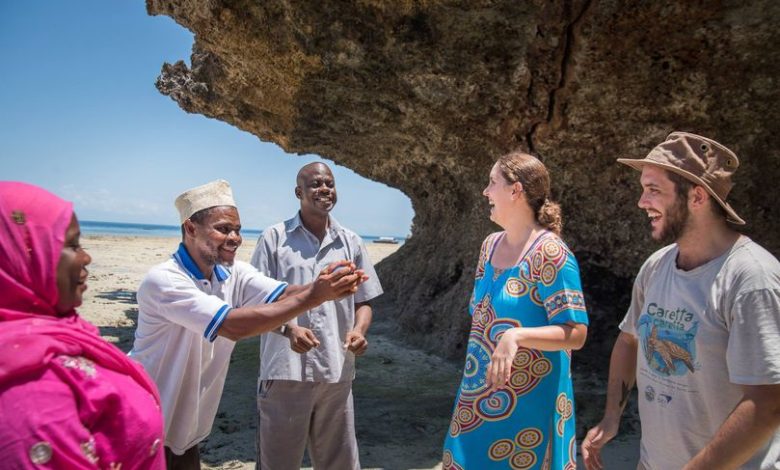THE SWAHILI NEGATIVE FORMS Swahili uses a different set of subject prefixes to express negations.The idea of negation is contained…
Soma Zaidi »Jifunze Kiswahili
SOME ADVERBS OFTIME Juzi, a day before yesterday. Mwaka jana, last year Jana, yesterday. Mwaka uliopita, last year Leo, to…
Soma Zaidi »In asking questions about people, things ,time or place, the following words are used: Nani?Who?e.g.Nani wewe? Who are you? We…
Soma Zaidi »TO BE IN A PLACE: KUWAKO This verb is also irregular in the present tense. In other tenses it is…
Soma Zaidi »We proceed with our topic Swahili verbs The past Tense nilisoma, I read. Tulisoma, we read Ulisoma, you read. Mlisoma,…
Soma Zaidi »We proceed with our topic Swahili verbs A sentence contains a subject and predicate .if the subject is a person.…
Soma Zaidi »In this class we find names of trees,members of the human body,household articles,and some physical phenomena .Examples; Singular. Plural Mti,tree. …
Soma Zaidi »We proceed with our topic Adjectives The following Adjectives do jnot take nominal prefixes: Bora, excellent. Safi, clean Hafifu, poor(quality) …
Soma Zaidi »In kiswahili language the adjectives agree with the nouns they quality both in number and in Normal prefixes The following…
Soma Zaidi »A NOUN/NOMINO Nomino is the word that represent a person , things, concent or place Examples of Noun/Nomino. Chair Kiti…
Soma Zaidi »









